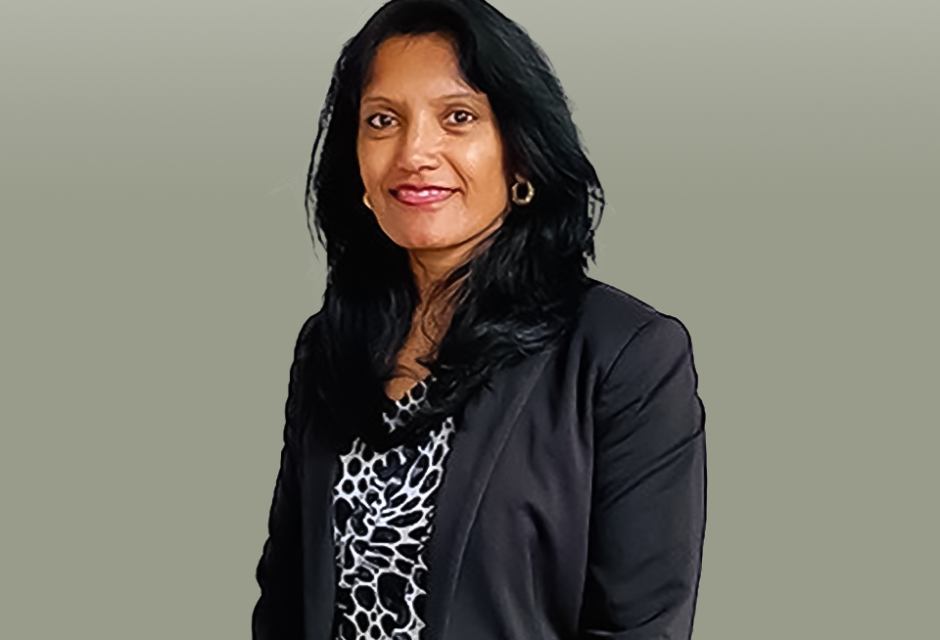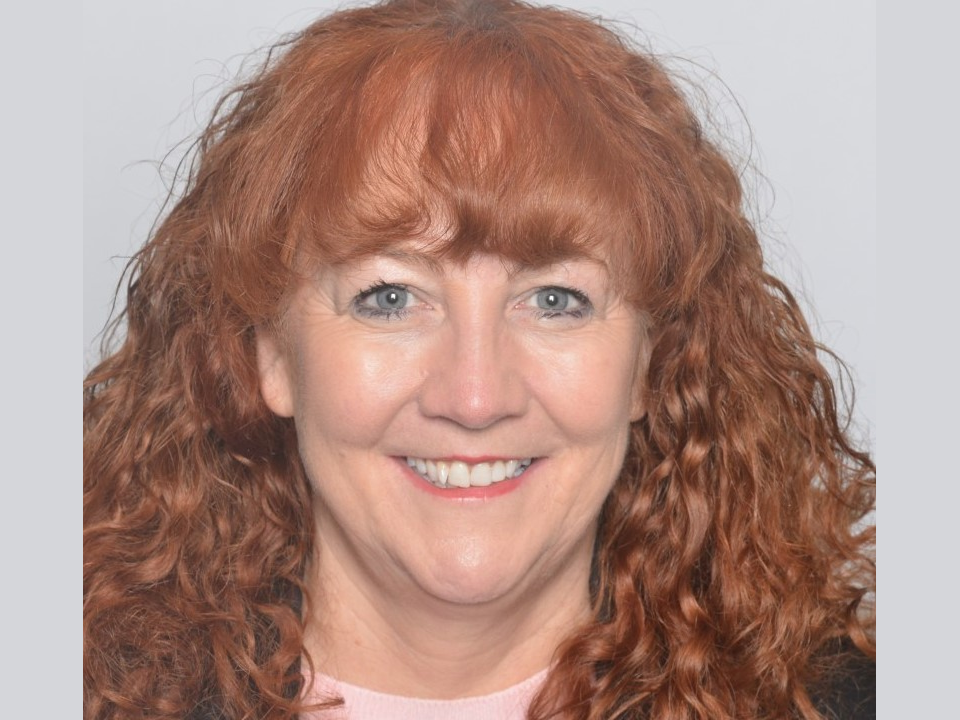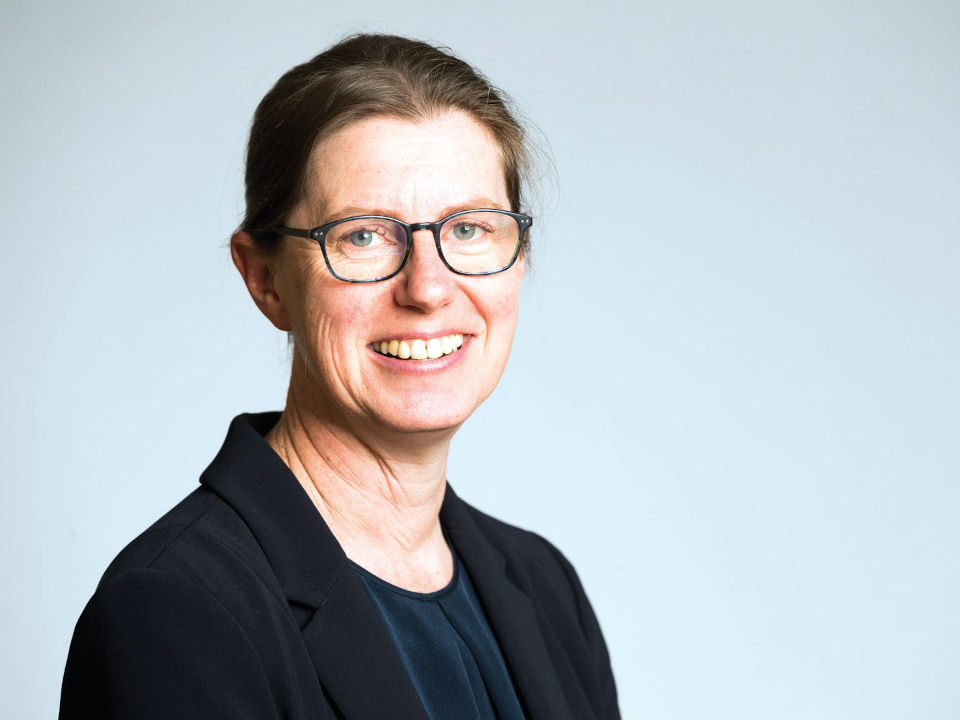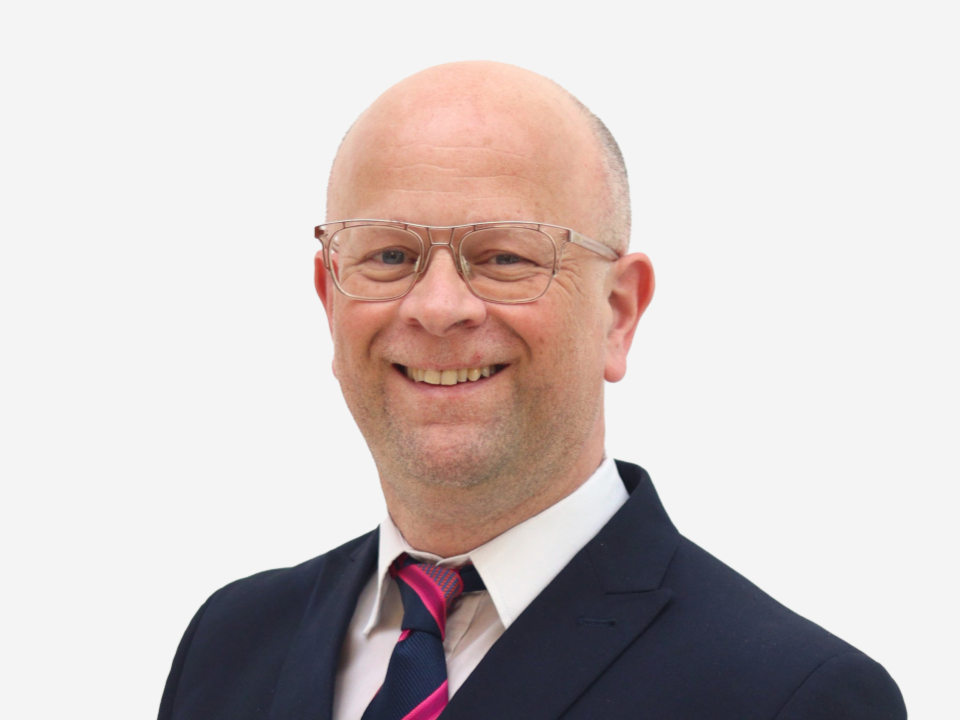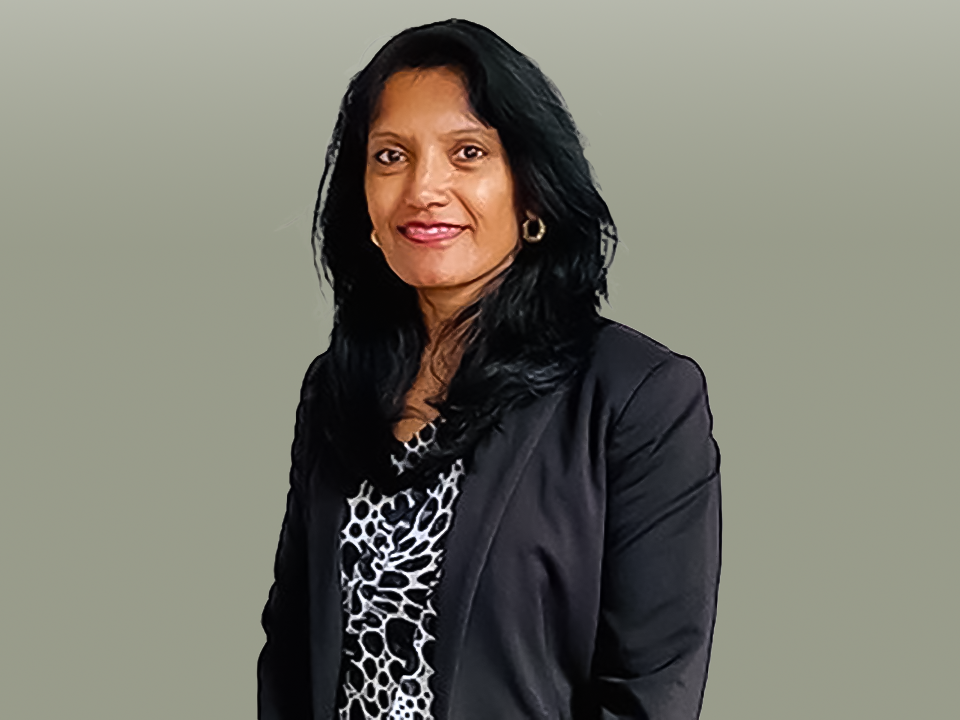
Sukriti Sen
ADCS Elected Director
Director of Local Delivery, Essex County Council
Having had the privilege of reading many insightful blogs from influential leaders in the sector over the years, as a recently Elected Director on the Board of Directors for ADCS, I find myself both honoured and slightly apprehensive now it is my turn to contribute. So, here we go…
I want to use this blog to think about the language of hope and what it means. My introduction to the language of hope, to Solution Focused practice, was when I started in Essex in 2015. I had not really heard of this within the context of statutory social work before, but seeing it in action was an eye opener and one which, when observed, seemed so easy to replicate.
Solution Focused intervention is a practice model that is much misunderstood and frequently confused with just seeing, or seeking, a solution to a problem. It is of course much more than that. I have seen the power of this approach in successfully keeping families together and helping them to repair fractured relationships with children in the care system.
It starts from the position that the family are the experts in their own lives, and we are there as a catalyst to help them to see the potential for change, and grasp it. It doesn’t seek to solve a problem but to open the possibilities of how life can be better, changing how we feel about ourselves and others. It is an approach that privileges dignity and humanity and it aligns with our core social work values.
It gives a structure to talking, that flexes around any subject matter. The model is conversational and change oriented. It privileges language and co-construction, and invites changes to happen in individuals, families, groups, and organisations. It allows you to follow the flow of the conversation, with a response to a question paving the way for the next to be asked.
For example, you may ask questions such as: “what are the signs that your life is moving in the direction you want?” or “what do you know about your resources and strengths that tells you this change you want is possible for you?”. It requires people to think about those around them as well, so you could also ask “out of the people who know you well, who would be the least surprised with all that you achieved so far?”
Solution Focused conversations are co-constructed with the person you are working with. In slowing down and focusing on what has worked, progress is amplified over many conversations which will eventually help the parent to embrace this new language of hope, this new narrative about themselves. It can be highly transformative and allows people to develop a new way of viewing themselves, and their world, through a lens of a preferred future with possibility and success.
In Essex, we have developed our own brand of Solution Focused practice that is steeped in contextual work, managing, and sitting within risk and safe uncertainty, but also alongside the roles and duties of statutory social work. We have created the Essex Solution Focused Centre and are extending this approach into early help services and beyond. At a time where the lives of those least able to cope are impacted by national and global crises and challenges, the language of hope and not despair is what is needed. As system leaders and professionals, sometimes it’s helpful for us to stop and take a moment to reflect and ask “what are your best hopes?”


